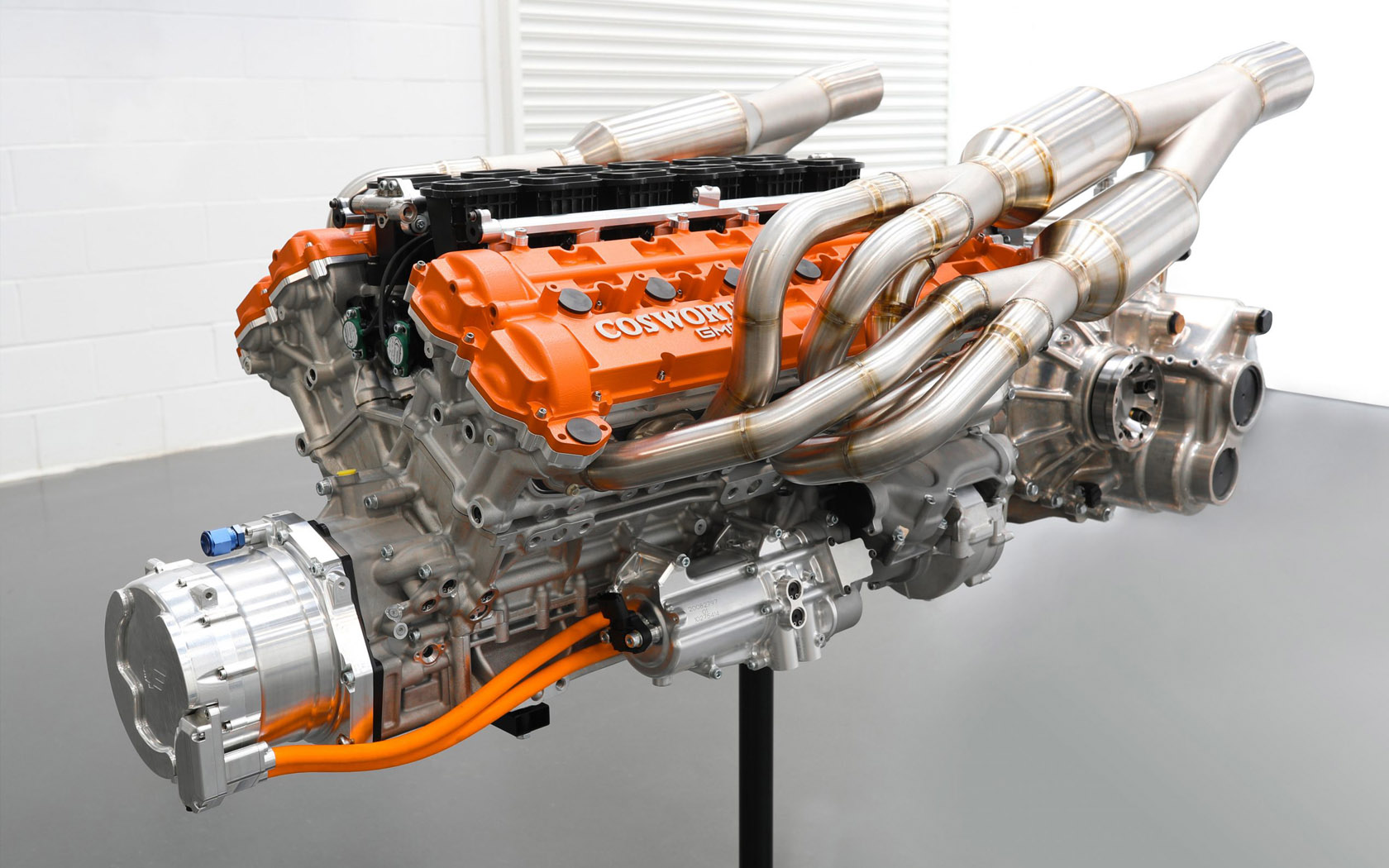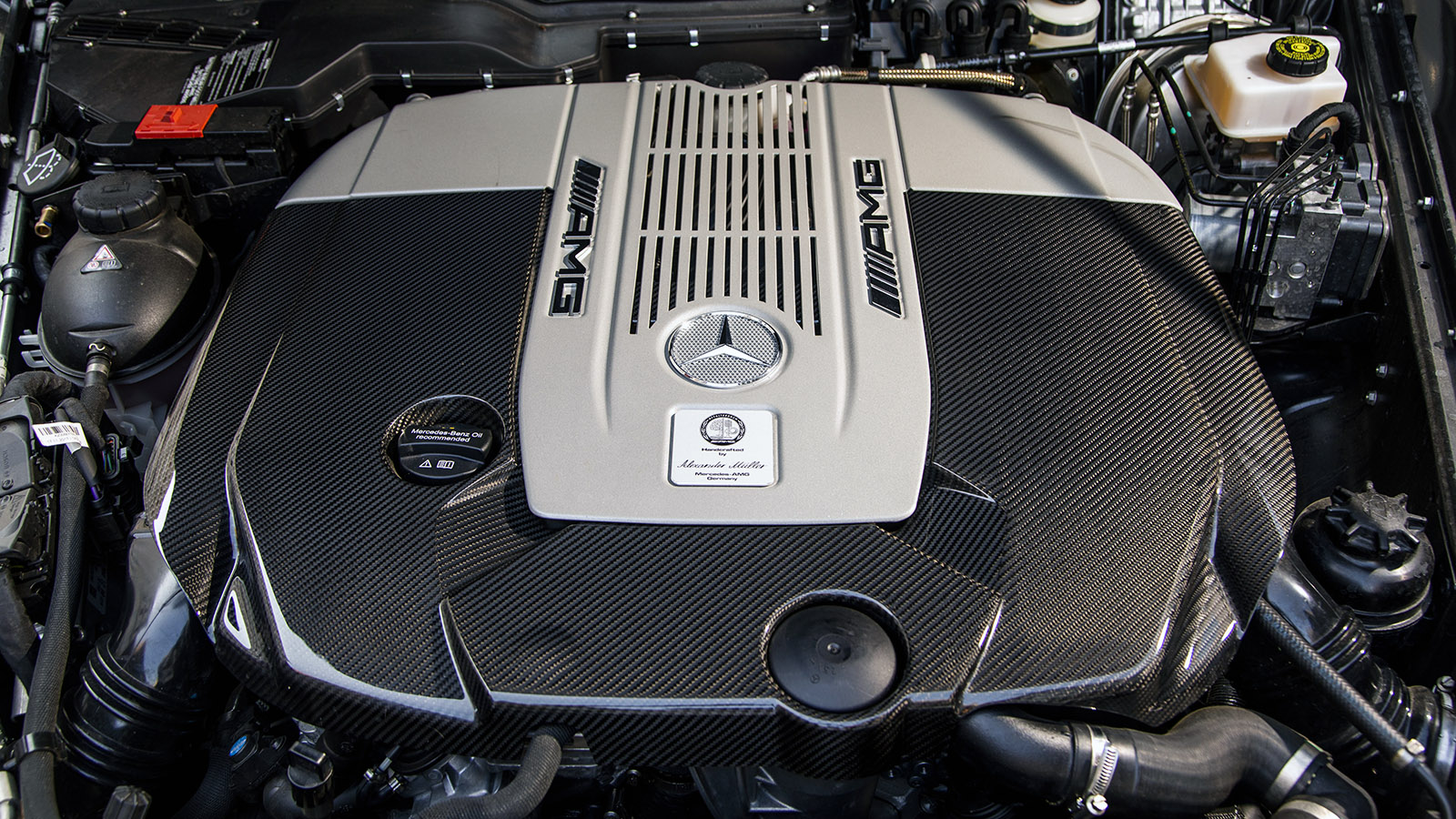Discover Top-Quality Engines for Africa at Our Dependable Automobile Components Store
Discover Top-Quality Engines for Africa at Our Dependable Automobile Components Store
Blog Article
The Influence of Ingenious Engine Technologies on Power Performance and Environmental Sustainability
In the world of transportation and industrial machinery, the continual pursuit for boosted energy effectiveness and lowered ecological impact has actually led to significant developments in engine innovations. From the gradual shift towards hybrid and electrical systems to the combination of turbocharging for enhanced performance, the landscape of engines is developing swiftly.
Development of Engine Technologies
The progression of engine innovations over the years has been noted by continuous technology and refinement in pursuit of improved efficiency and performance. From the very early days of internal burning engines to the sophisticated hybrid and electric powertrains of today, the development of engine innovations has actually been driven by an unrelenting pursuit for improved gas effectiveness and reduced exhausts.
One substantial turning point in this evolution was the growth of turbocharging and straight shot systems, which substantially boosted engine power output while improving fuel effectiveness. These modern technologies enabled smaller, a lot more light-weight engines that might deliver the performance of larger ones without compromising on effectiveness.
Moreover, improvements in materials science have actually led to the prevalent adoption of light-weight materials such as light weight aluminum and carbon fiber in engine building. This has not just reduced general vehicle weight yet has actually additionally improved engine performance by minimizing power losses connected with inertia and rubbing.
Advantages of Electric and Crossbreed Solutions
With the growing concentrate on sustainability and power efficiency, what benefits do hybrid and electric systems provide in the world of engine technologies? Electric and hybrid systems existing many benefits that add to a much more lasting and energy-efficient future. Among the main benefits is the significant reduction in greenhouse gas discharges compared to traditional interior combustion engines. Electric cars produce absolutely no tailpipe emissions, leading to improved air high quality and decreased ecological effect. Furthermore, hybrid and electric systems are a lot more energy-efficient, converting a greater percent of stored power right into propulsion contrasted to traditional engines. This effectiveness results in reduced energy usage and operating expense over the automobile's lifetime. Additionally, electrical vehicles supply regenerative braking systems that capture and store power normally shed during braking, even more enhancing energy effectiveness. Hybrid systems integrate the benefits of electrical propulsion with the versatility of a burning engine, providing prolonged decreasing and driving varieties array anxiety for consumers transitioning to electrical lorries. Generally, electrical and hybrid systems play a crucial duty ahead of time power effectiveness and ecological sustainability in the transportation sector.
Turbocharging for Improved Performance
Innovative engine innovations like hybrid and electrical systems have actually paved the method for advancements in car performance, with turbocharging becoming a vital method for boosting general efficiency and sustainability. Turbocharging works by utilizing a turbine to force even more air right into the combustion chamber, enabling better fuel burning and enhanced power result without a substantial boost in engine size. This process, referred to as forced induction, allows smaller sized, a lot more fuel-efficient engines click resources to generate power degrees equivalent to bigger ones. By making best use of the efficiency of the burning procedure, turbocharged engines can attain enhanced gas economic situation and minimized exhausts, adding to environmental sustainability. In addition, turbocharging enhances engine responsiveness, supplying drivers with an extra dynamic driving experience. The widespread fostering of turbocharged engines in both gas and diesel cars demonstrates their effectiveness in balancing performance, effectiveness, and ecological effect. As automotive producers remain to improve turbocharging innovation, its function in advertising energy performance and sustainability in the transportation field is anticipated to expand additionally.
Utilizing Different Gas
Utilizing different gas provides an appealing method for reducing carbon exhausts and diversifying the energy sources made use of in transportation. As the globe aims to deal with environment modification and reduce dependency on nonrenewable fuel sources, different fuels have actually gotten significant focus for their potential environmental and economic benefits.
Biofuels, such as ethanol and biodiesel, are originated from sustainable resources like sugarcane, algae, and corn, providing a cleaner burning choice to standard gas and diesel. These fuels can be blended with existing petroleum fuels or made use of in specialized engines, supplying a pathway to reduced greenhouse gas emissions and improve air high quality.
Moreover, hydrogen gas cells have actually arised as a promising modern technology for zero-emission transport. engines for africa. By converting hydrogen gas right into electricity to power electric motors, gas cell vehicles generate only water vapor as a byproduct, removing harmful tailpipe emissions totally
Along with minimizing carbon exhausts, different fuels can likewise improve power protection by expanding the gas mix and reducing dependence on imported oil. Welcoming different fuels in transportation is an important action towards attaining a more lasting and eco-friendly future.

Future potential customers and environmental advantages
The environmental advantages of different fuels and their potential home for long-term sustainability are key considerations in the change towards cleaner power resources. Alternative gas, such as biofuels, hydrogen, and electrical energy, offer substantial ecological benefits contrasted to standard nonrenewable fuel sources. These fuels produce lower degrees of greenhouse gas exhausts, lowering air contamination and mitigating climate adjustment effects. Additionally, different fuels can assist expand power sources, enhancing energy safety and security and lowering dependence on limited sources.
Developments in modern technology continue to improve the effectiveness and cost of different gas cars, making he has a good point them more available to customers. By embracing alternative gas and innovative modern technologies, the course in the direction of an extra lasting future ends up being significantly possible.

Verdict
In verdict, cutting-edge engine innovations have actually played a critical role in improving energy performance and advertising environmental sustainability. The evolution of engine modern technologies, adoption of electrical and hybrid systems, use of turbocharging, and expedition of different fuels have all added to raising and reducing emissions performance.
In the world of transportation and commercial equipment, the continuous pursuit for enhanced energy performance and reduced environmental influence has actually led to considerable improvements in engine innovations. Turbocharging works by using a turbine to compel even more air right into the combustion chamber, allowing for far better gas burning and enhanced power result without a significant increase in engine size. By maximizing the performance of the combustion process, turbocharged engines can accomplish enhanced fuel economy and reduced discharges, contributing to ecological sustainability. Different fuels, such as biofuels, hydrogen, and electrical energy, deal significant ecological benefits compared to typical fossil gas. The advancement of engine technologies, fostering of hybrid and electrical systems, utilization of turbocharging, and exploration of alternate gas have all contributed to increasing and reducing discharges performance.
Report this page